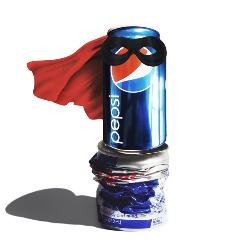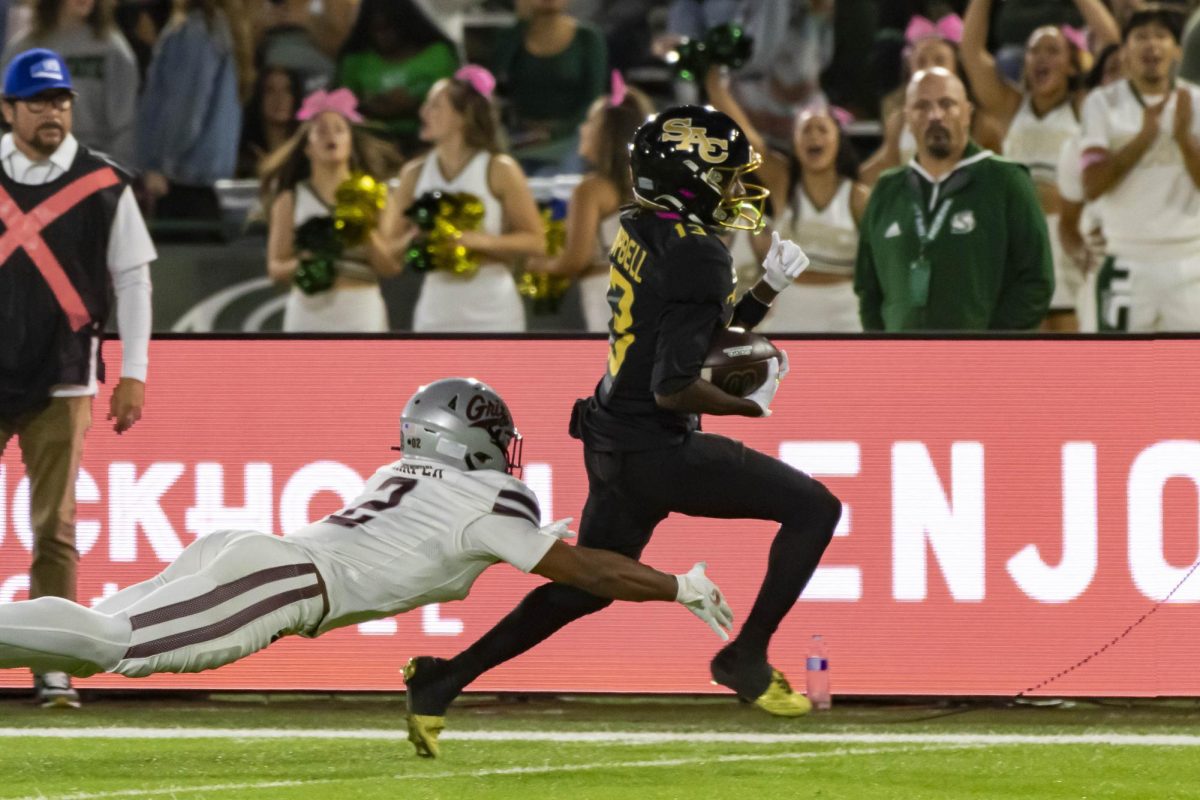Contract crushes Red Bull

Contract crushes Red Bull
February 5, 2009
If you are one of the many college students who rely on Red Bull to get you through the day, or even just that brutal three-hour class, you are out of luck.
Due to concessions contracts with Pepsi, Sacramento State will no longer be selling the energy drink on campus.
Brandon Maccoun, junior communication studies major, said it makes no sense that the campus is taking away Red Bull.
“Taking caffeine away from college students is ridiculous. College students live off of caffeine, whether it’s studying late nights or early morning classes,” Maccoun said.
I don’t have any problem with the concessions contracts that Sac State is involved in. Everything is ridiculously expensive on campus anyway, so I try to avoid it altogether. Besides, does it seem like the university really cares what the students think? It’s just trying to make a profit.
Maccoun said the students’ voices should be heard when the contracts are made.
“(The students) are the consumers; we should have a lot of say. Now it’s just going to take business elsewhere,” Maccoun said. “It’ll take money away from the campus.”
We know that the campus community will never get a say in the development of these contracts. One could make the argument that it should, as the campus population is the consumer.
At least for the time being, with the way the economy is, we’re just going to have to accept it.
Maccoun said the contract benefits the university and not necessarily the students.
“The contracts make it so it’s one-sided. It’s whatever the university wants instead of what the students want,” he said.
On the surface, the contractual obligations may limit some of the choices that students have on campus. However, hopefully this move will lead students to make healthier decisions when they need a quick pick-me-up.
Red Bull has been flagged by some health regulators as “a potential danger,” according to a story from CBC News, “Raging Bull: Health Warnings over popular energy drink being brushed off?”
Contrary to popular belief, Red Bull does not, in fact, “give you wings.” It does, however, contain caffeine (80 mg – more than three times the amount of caffeine in a can of Coke), taurine (an amino acid) and glucuronolactone (a carbohydrate).
Nutritionists said there are side effects to each ingredient, as well as potential side effects resulting from how these ingredients mix with each other, according to CBC News.
The selling of Red Bull has even been banned in some countries, including Norway, Denmark and France.
Red Bull’s target market is college students. How much of a trend has it become?
At the University of Virginia last year, engineering students wrote a 149-page book entitled “Charging a Generation: Red Bull Revealed,” about the energy drink.
The book includes 11 chapters ranging from the history of the product to some of the regulations surrounding the product, according to the Richmond Times-Dispatch.
Before you start complaining about the lack of Red Bull on campus, know that without it, you’re doing yourself a world of good.
Kyle Kershner can be reached at [email protected]



























































































































